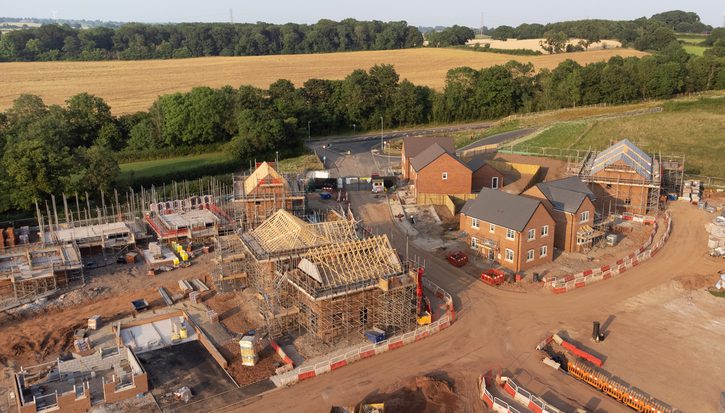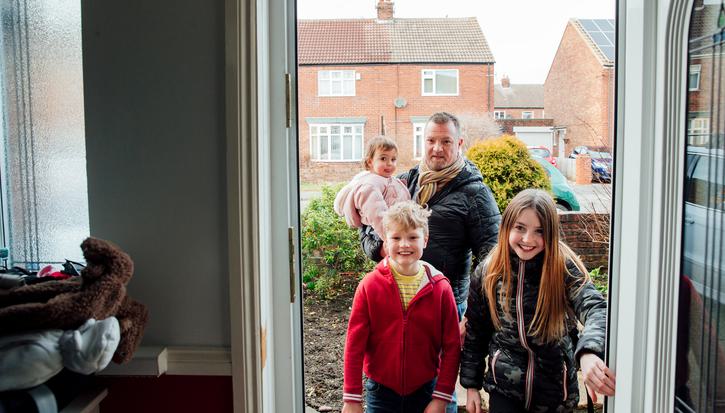Voters sold on mayor’s bold buses vision
Article
A range of elections took place across South Yorkshire last Thursday. This included local council elections, the election of a directly elected mayor in Doncaster and the election of the mayor for South Yorkshire Combined Authority.
The outcomes of these elections give us important insight into the issues that matter to people in South Yorkshire and suggest the possible future people across our region want to see.
At the local level, despite a significant number of seats changing hands, the balance of power between the main three parties – the Labour Party, the Greens and the Liberal Democrats – remains finely balanced.
In Sheffield, while Labour picked up an important gain from the Greens in Nether Edge and Sharrow, they lost the ward of Hillsborough to the Greens. Similarly, while the Liberal Democrats picked up an important win over Labour in the Barnsley ward of Dodworth, they lost Crookes and Crosspool to Labour in Sheffield.
These results show that progressive parties continue to dominate the local elections in South Yorkshire, yet they also show voters aren’t tribal.
Parties that campaigned effectively on local issues, specifically on improving transport and improving local neighbourhoods did extremely well. Transport also dominated the race to be South Yorkshire’s next mayor.
With the position having sufficient powers over transport and a direct budget, this race represented a particularly lucrative prize.
In the end, Labour candidate Oliver Coppard, who ran on a commitment to work towards taking the buses back under public ownership, came home in first.
The Liberal Democrats also expressed their support for bus franchising, as did the Greens.
The Conservative candidate also conceded the need to have public control over timetabling. As Mr Coppard has previously said:
‘Public control (often called ‘franchising’) is the only viable way to get a bus system that serves the needs of our communities rather than the bus companies.
Because at the moment bus companies can essentially run services wherever they want, with little public consultation.
If the buses were under public control, we would be able to decide on fares and routes, and make sure we’re getting the nest deal we can from the bus companies’.
It’s unsurprising that a bold vision on transport when down well given the dire state of public transport across our region.
A vibrant economy can only be built if places across the region are better connected, and people everywhere are given a fair chance to access jobs.
It’s also a travesty that despite being home to the stunning Peak District National Park, too many places are completely disconnected from nature without a car.
Voters wanted bold action on this issue and there now exists a real opportunity to build a new identity for South Yorkshire as a well-connected, prosperous and vibrant region where the economy works for the benefit of all people. An analysis of these elections would be incomplete without looking at the election of Doncaster’s directly elected mayor.
With turnout for this election in Doncaster down, even on the already low 20 per cent seen in 2018, it’s important to remind ourselves that voters still remain ungalvanized by elections outside the general election cycle.
Addressing this will be crucial. With a newly elected metro mayor who has a vision to put South Yorkshire on the map alongside the other northern mayoral combined authorities, as well as a new batch of elected councillors keen to deliver for their neighbourhoods, engaging people in local politics will be crucial to deliver on ambitious agendas.
The Institute for Public Policy Research (IPPR) North’s research has shown that when we properly engage with communities, people are eager to offer solutions to the major policy challenges we face, such as the climate crisis.
Involving more people across South Yorkshire in the democratic process could well prove fruitful, not only for reenergising local democracy, but also for co-designing new transport solutions and an economy that works well for the whole of South Yorkshire.
Jonathan Webb is a senior research fellow at IPPR North and is based in South Yorkshire. He tweets @jrkwebb. This article was originally published in The Yorkshire Post on Monday 9th May 2022.
Related items

Strategic planning for green prosperity
Land is a finite resource, and the demands made of it have only increased over time.
The new politics of AI: Why fast technological change requires bold policy targets
The upcoming AI Action Summit in Paris is an opportunity to show how we can harness artificial intelligence (AI) as a force for societal, economic, and environmental good.
The homes that children deserve: Housing policy to support families
As the government seeks to develop a new child poverty strategy, it will need to grapple with housing – the single largest cost faced by families.